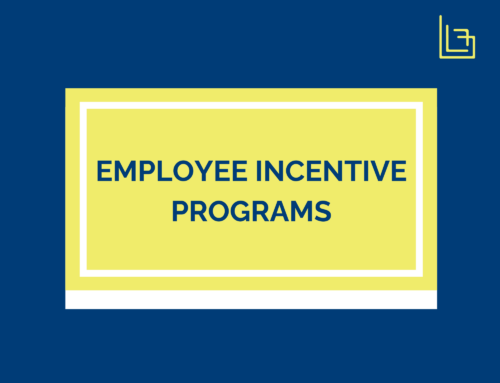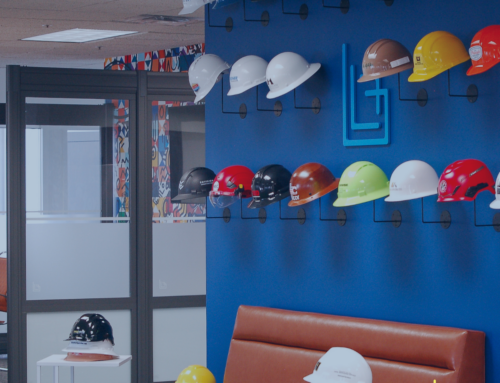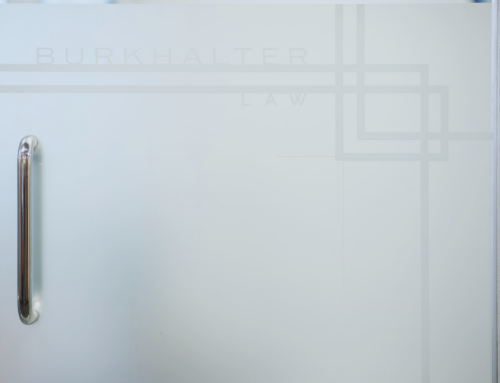Q: Can you share a bit about your journey and the “why” behind Burkhalter Law?
A: When I got out of college, I spent a year working in sales, unsure whether I would go to law school or business school. During that time, my parents were going through what I now recognize as foundational estate planning amid a tax law change. They let me participate and observe this process with the attorney and it naturally made sense to me. I decided to go to law school, thinking I would become an estate planning attorney.
Q: What inspired you to pursue a career in law, and how did your early experiences shape your approach to practicing law?
A: In law school, the competitive nature of litigation because it felt like the sports I played growing up. After finishing law school and working at my first firm, I realized that nobody there understood how to run a law firm like a business. I got frustrated with the business model of the law firm within the first 6 months. From that point forward, the driving motivation for me has been to learn how to be part of a law firm and run a law firm that operates the way a technology or manufacturing company or any other kind of business operates.
Q: Burkhalter Law has a diverse range of legal services. Could you elaborate on the firm’s primary areas of focus and its core areas of expertise?
A: Our focus is on entrepreneurs and business owners, and we service that market almost exclusively. Our goal is to address the needs of business owners comprehensively within one law firm.
Q: How does the firm adapt to evolving legal landscapes, and what strategies are employed to stay at the forefront of industry changes?
A: Depending on the situation, we come up with practical strategies for our clients if they are facing a unique situation. Sometimes it’s not a function of being a lawyer but acting as an advisor, understanding our clients’ business, and addressing their needs. While legal analysis is part of it, the focus extends to understanding the business itself and its operations. I think that many attorneys stop short of fully serving clients by limiting their role to legal analysis, overlooking the practical aspects and potential consequences for business owners and clients. We have to be slow when it comes to adapting to changes in technology because of the nature of our relationship with our clients. We prioritize putting resources in place without compromising our clients. That is what makes what we do different from sales, marketing, physicians, etc. As lawyers, we are driven by intellectual capital and judgment. It’s hard for me to trust AI besides a very basic function, and I think with our industry there has to be more of a personal relationship than what AI can do.
Q: Building strong client relationships is crucial in the legal profession. How does Burkhalter Law prioritize client satisfaction, and what steps are taken to ensure clients feel supported throughout the legal process?
A: For us, it revolves around the relationship with the client. We strive to provide comprehensive advice and solutions, understanding the client’s question to meet their end goals, plans, and desires. Understanding these aspects allows us to guide their decision-making at both operational and strategic planning levels, offering options to navigate from point A to point B and improve their situation.
Q: Maintaining ethical standards is integral to the legal profession. How does Burkhalter Law ensure a strong ethical foundation within the firm, and how are these values communicated to clients?
A: Our solution as lawyers is straightforward: If there is a perceived conflict, we literally have to walk away. We get into situations where there are ethical issues embedded in it, but we have to work through them. For us to be able to clear any hurdles, one is the absence of any conflicts. Ethical guidelines, like non disclosure information and confidentiality, sit as the foundation of our industry.
Q: Community involvement is often an important aspect of a law firm’s identity. How does Burkhalter Law contribute to the local community, and are there any specific initiatives or partnerships that the firm is particularly proud of in terms of community engagement?
A: We let each of our people decide at what level they want to participate with a community organization or a charitable organization, and the firm supports them in that. One of the organizations we support is CURE Childhood Cancer. We support various other organizations through fundraisers and events.
Q: Staying current in the legal field is crucial. How does Burkhalter Law support the ongoing professional development of its attorneys and staff? In what ways does the firm encourage a culture of learning and growth among its team members?
A: Our people have the ability to create a future/career around this law firm that allows them to tailor their job functions based on their interests and strengths. If someone wants to become more entrepreneurial, we have a support system, training, policies, and procedures in place for them. We focus on real-time skill development and mentorship during active cases, providing our clients the best service and representation, while also giving the attorney an opportunity to grow and develop the skills they may be lacking in.
Q: What are some of the challenges Burkhalter Law has faced, and how has the firm adapted to overcome them? How does the firm stay resilient and agile in the face of unforeseen challenges, both within and outside the legal industry?
A: The challenges we face are no different than those of our clients. We sit so close with them in their businesses that we feel the ripples of an economic downturn because it is affecting our clients. Whatever their needs are based on the economic climate go hand-in-hand with the particular issues facing the company. In the last 3 years, supply chain logistics have been massive for everyone. The pandemic created real, unanticipated barriers to financial success for many of our clients. For those dealing with that scenario, we tried to figure out ways to mitigate the risks to improve the processes, procedures, as well as putting in different risk management tools to help them through that difficult time. Those challenges are not unique for our clients, they exist for us, as well. When I am working with our clients, I am also learning what parts of those strategies, solutions, decision-making, and the way that it is happening, and I try to bring that into the firm.





